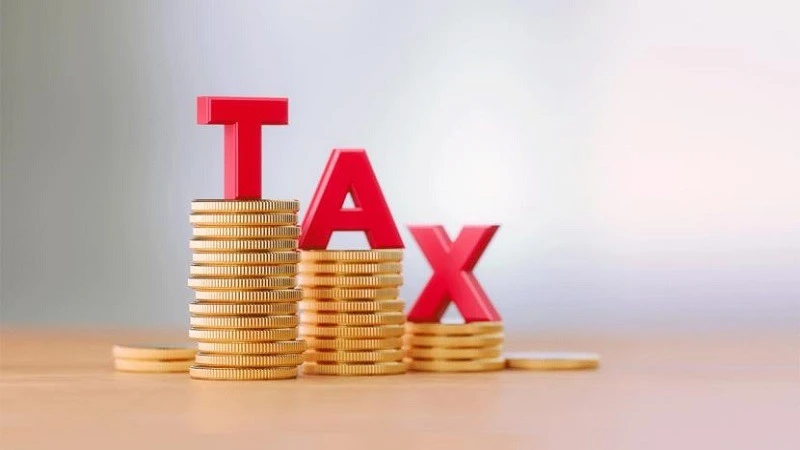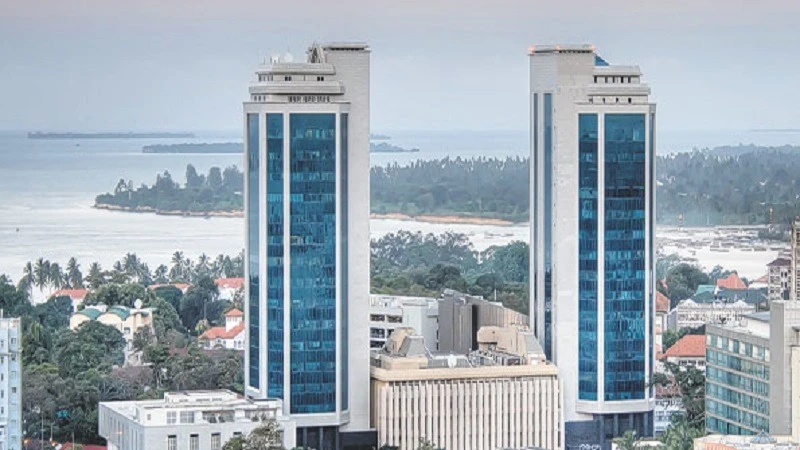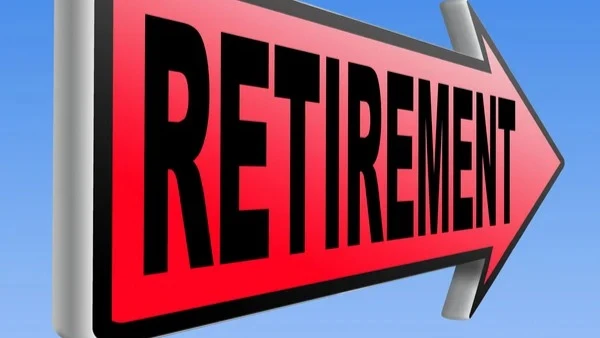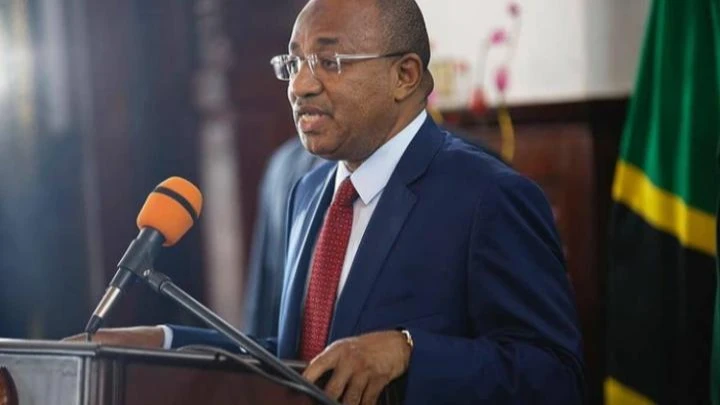Snail’s pace of CNG filling points risks hurting future options on tax

INSTEAD of moving with plans to allow private filling stations to stock compressed natural gas (CNG) suited for the purpose, policy makers are toeing the line of keeping this shift wholly in state hands as many bureaucrats crave the widening of the role of state firms.
Now, the government has unveiled plans to open three more such filling stations by late next month, which will make some difference to those whose vehicles have converted to gas or will soon do so.
The dangers inherent in this snail’s pace of shifting to CNG, including how it relates to the absorption of price increases, are apparently not noticed clearly enough by policy advisers.
Were a large number of buses to start using CNG right away or within months, there would be a drop in bus fares.
Also, were there to arise any situation arises which would push up prices either fuel, the scenario would be different.
The refusal – or merely reluctance – to liberalise this aspect of the economy is reminiscent of resistance to liberalisation altogether, which advice was once sought from top bureaucrats and politicians and was backed by numerous overseas militant organisations.
As happened, we witnessed the shaving off of some plain loss making public agencies but some for only some time.
Policy makers have often acknowledged the need to convert vehicles to gas, principally on account of cost-effectiveness and environmental benefits.
Yet, there is no push to make this a generalised situation, first in relation to government vehicles to drastically cut costs and then for commuter vehicles to bring fares as low as realistically possible.
The strategic issue here is really the price factor and not environmental considerations. There are plans for starting to tag informal sector operators with electronic identifiers whose potential effects can be dampened if fuel prices come lower and costs are easily absorbed.
Legislators have been told that the government, in collaboration with the private sector, expects to put in place more CNG-facilitated filling stations.
But we are not being told clearly enough how difficult it is for existing filling stations to offer natural gas with minimal alterations of a section of its chambers.
It is strange that not as much is being said on this option in policy discussion as applies to increasing the number of CNG filling stations.
It is also unclear which private sector service providers are ready, willing or lined up to establish such filling stations, as the specialised filling stations are – in effect – being built by a state monopoly.
Hopefully, those in charge of shifting to CNG will have the luxury of staking in several years before cheaper commuting materialises for routine consumables whose prices are affected by fuel prices.
Thus, if electronic tagging of informal traders becomes a reality, we’ll need to guard against the ‘mushrooming’ of cheap but suspicious street-side consumables triggering explosions.
Top Headlines
© 2024 IPPMEDIA.COM. ALL RIGHTS RESERVED

















